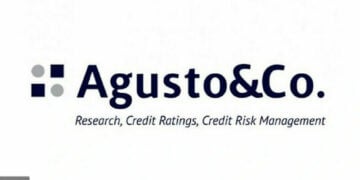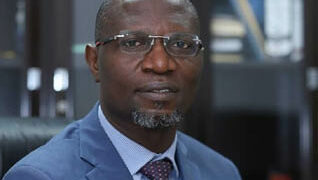The Securities and Exchange Commission (SEC) emphasised on the need for heightened vigilance to ensure the safety of investors and the stability of the Nigerian capital market.
The head, Enforcement Department of SEC, Dr. Sa’ad Abdulsalam stated this at the Capital Market Enlightenment Programme hosted for the Capital Market Correspondents Association of Nigeria (CAMCAN) held in Lagos.
Abdulsalam highlighted “the escalating prevalence of fraudulent investment schemes, which can undermine public trust in legitimate investment opportunities. By offering unrealistic returns and operating outside official regulations, these schemes adversely affect investor sentiment, discouraging participation in the formal capital market.
“The decline in market confidence stemming from Ponzi schemes can create notable volatility and reduce investor engagement,” he stated. “This not only impacts individual investors but also tarnishes the reputation of regulatory bodies established to safeguard investor interests.”
Beyond the financial implications, Abdulsalam pointed out that “the social and economic repercussions of Ponzi schemes are extensive. When households suffer financial losses, often involving life savings or borrowed money, the consequences can increase socio-economic stress and diminish community cohesion.”
Nigeria has faced challenges with Ponzi schemes for decades, with notable examples ranging from the Umanah Umanah scheme in the 1990s to the well-known MMM craze in the 2010s.
Abdulsalam shared that over 400 unlicensed fund managers were identified in 2010 alone, illustrating the magnitude of this issue.
He identified a range of factors contributing to the rise of Ponzi schemes, including limited financial literacy, the temptation of quick returns during challenging economic times, and the rapid dissemination of misinformation via social media.
Abdulsalam acknowledged the SEC’s commitment to evolving its strategies, emphasising on the need for enhanced resources to effectively combat this issue.
“Ponzi schemes are proliferating, and our response must adapt at a similar rate. By improving investor education and recognising the influence of economic downturns, we can help more people avoid falling into these traps,” he said.
To combat this threat, Abdulsalam said SEC has increased its focus on investor education and has fortified its enforcement capabilities.
He also highlighted the importance of interagency collaboration in tackling financial crimes, saying “through the Financial Services Regulation Coordinating Committee—which comprises institutions like the Central Bank of Nigeria (CBN), Corporate Affairs Commission (CAC), and Nigeria Deposit Insurance Corporation (NDIC), the SEC is working to establish a united front against Ponzi operators.”











